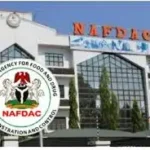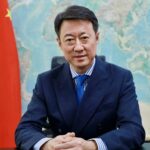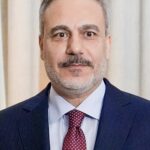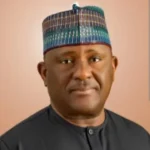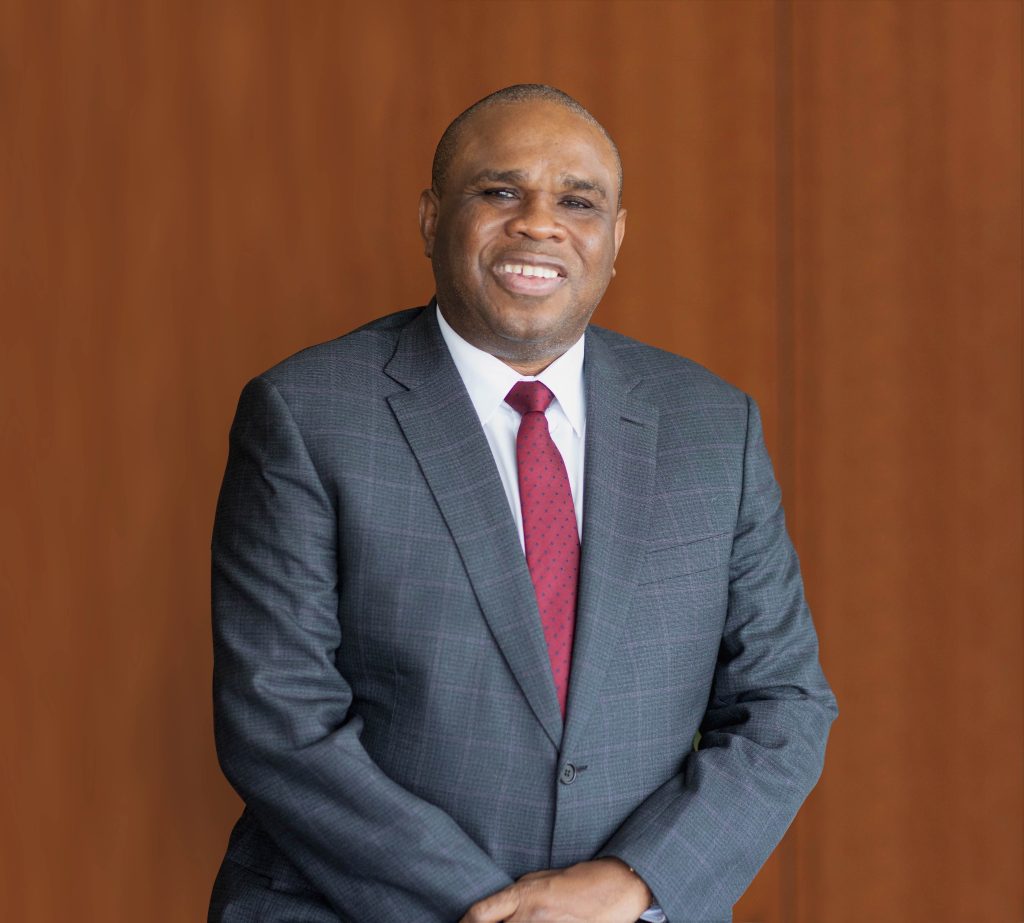By Vivian Ihechu
Prof. Benedict Oramah, the President and Chairman of the Board of Directors of African Export-Import Bank (Afreximbank), says structured trade finance is undergoing a radical transformation and adapting to the global economic dynamics and Africa’s emerging trade patterns.
Oramah made the assertion in Abuja during the unveiling of the second volume of his book titled:“Foundations and Evolutions of Structured Trade Finance’’, revealing innovative financing mechanisms.
The book presentation was held on the sidelines of the 32nd Annual Meetings of the Afreximbank (AAM2025), which held in Abuja from June 25 to June 28.
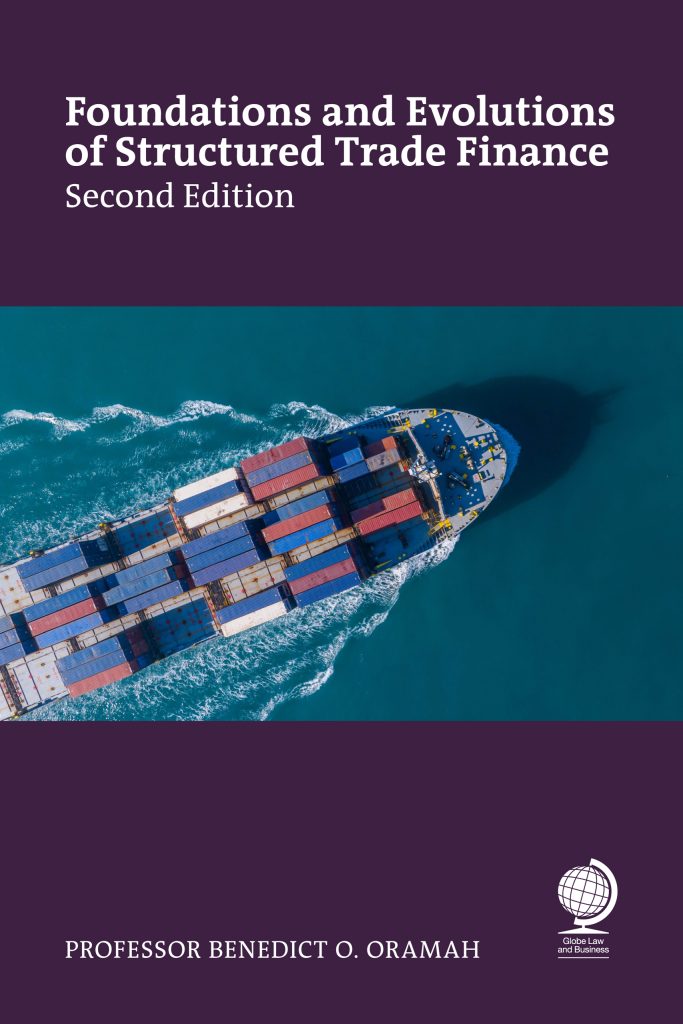
“The world economy was still grappling with a severe sovereign debt crisis when structured trade finance began emerging as a critical tool for financing trade in challenging markets.
“The financial strategy, which allows risk transfer between parties, has become increasingly sophisticated in responding to complex global trade challenges.
“Structured trade finance fundamentally empowers practitioners to be innovative by transferring risks from parties less able to bear them to those more capable of absorbing them,” Oramah said.
According to him, the historical trade patterns have dramatically changed.
“In the late 1990s and early 2000s, about 70 per cent of trade was between developing economies and Organisation for Economic Co-operation and Development countries.
“Today, that landscape has completely transformed, with recent data highlighting significant shifts in trade dynamics.
“South-south trade between Africa and other developing countries has risen from 40 per cent to an estimated 68 per cent in 2024.
“This represents a fundamental restructuring of international economic relationships,” he said.
According to Oramah, the emergence of new manufacturing centers and resource producers is challenging traditional financing models.
“The increasing discovery of oil, gas, and other natural resources across African countries requires a complete reimagining of reserve-based lending,” he said.
He noted that intra-African trade presented another promising frontier.
“Currently averaging 15 to 17 per cent, our intra-African trade is expected to double within a decade as free trade agreements are fully implemented.”
“The book launch highlighted critical challenges and opportunities.
“Traditional trade finance sectors, heavily focused on commodity finance, must now adapt to the rise of manufacturing giants in Africa,” the author said.
He added that regulatory environments was evolving.
“Changing regulatory landscapes are significantly influencing the conduct of trade finance in developing countries.
“We need innovative financing structures that can navigate these complex terrains.
“Small and medium enterprises stand to benefit significantly from these transformations.
“The growth of domestic and regional value chains creates unprecedented opportunities for emerging businesses,” he said.
Oramah stressed the importance of maintaining international trade finance access.
“Our primary goal is to ensure African countries can develop innovative financing structures that support their economic ambitions,” he said.
The book titled: “The Foundations and Evolutions of Structured Treatments,” represents a comprehensive exploration of these complex financial mechanisms.
Published by Global and Business London, it draws from decades of practical experience in international trade finance.
“This volume captures the tremendous knowledge gained from practicing trade finance over three decades.
“It’s not just a book, but a roadmap for understanding how financial innovation can drive economic transformation,” the author said.
As Africa continues its economic evolution, structured trade finance emerges as a critical tool for navigating increasingly complex global trade landscapes, offering hope and practical solutions for developing economies.
The publication signals a new chapter in understanding financial strategies that can support sustainable economic development across the continent. (NAN)(www.nannews.ng)
Edited by Chinyere Joel-Nwokeoma



